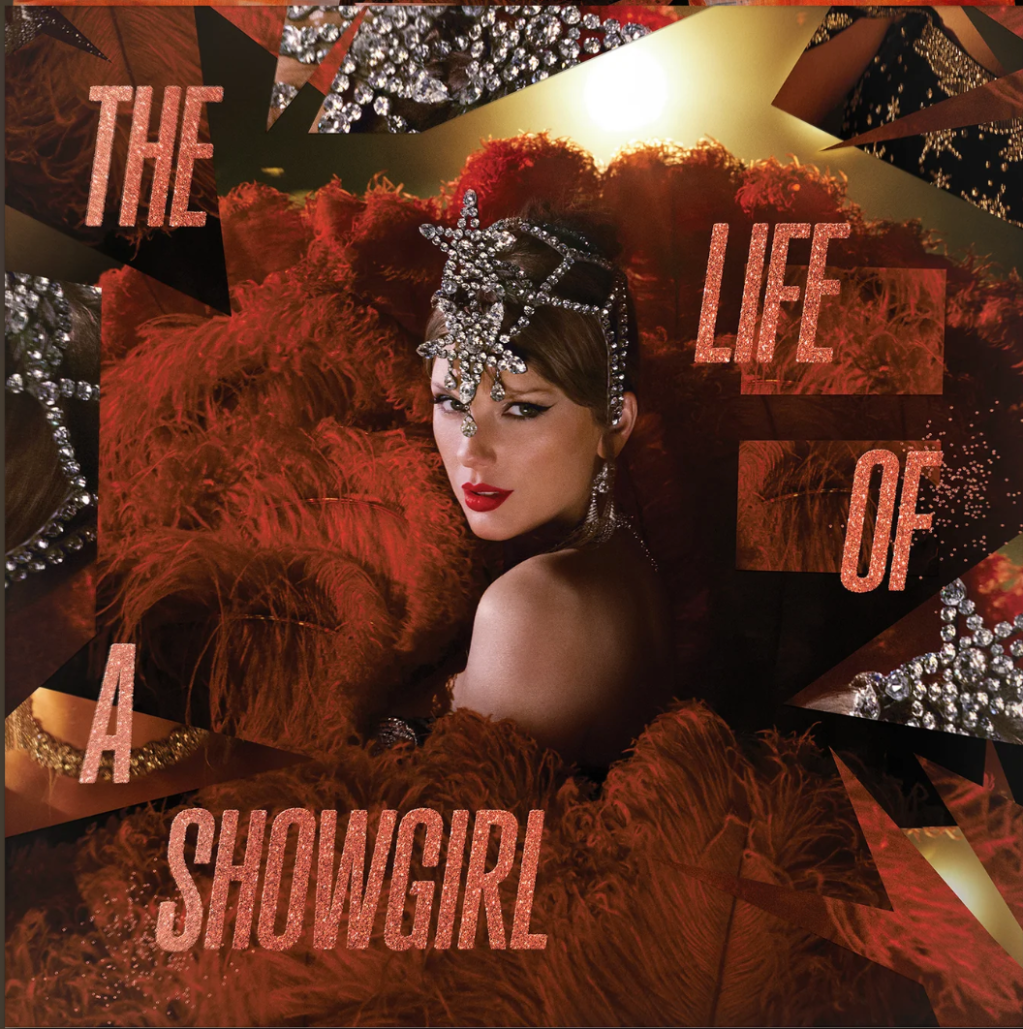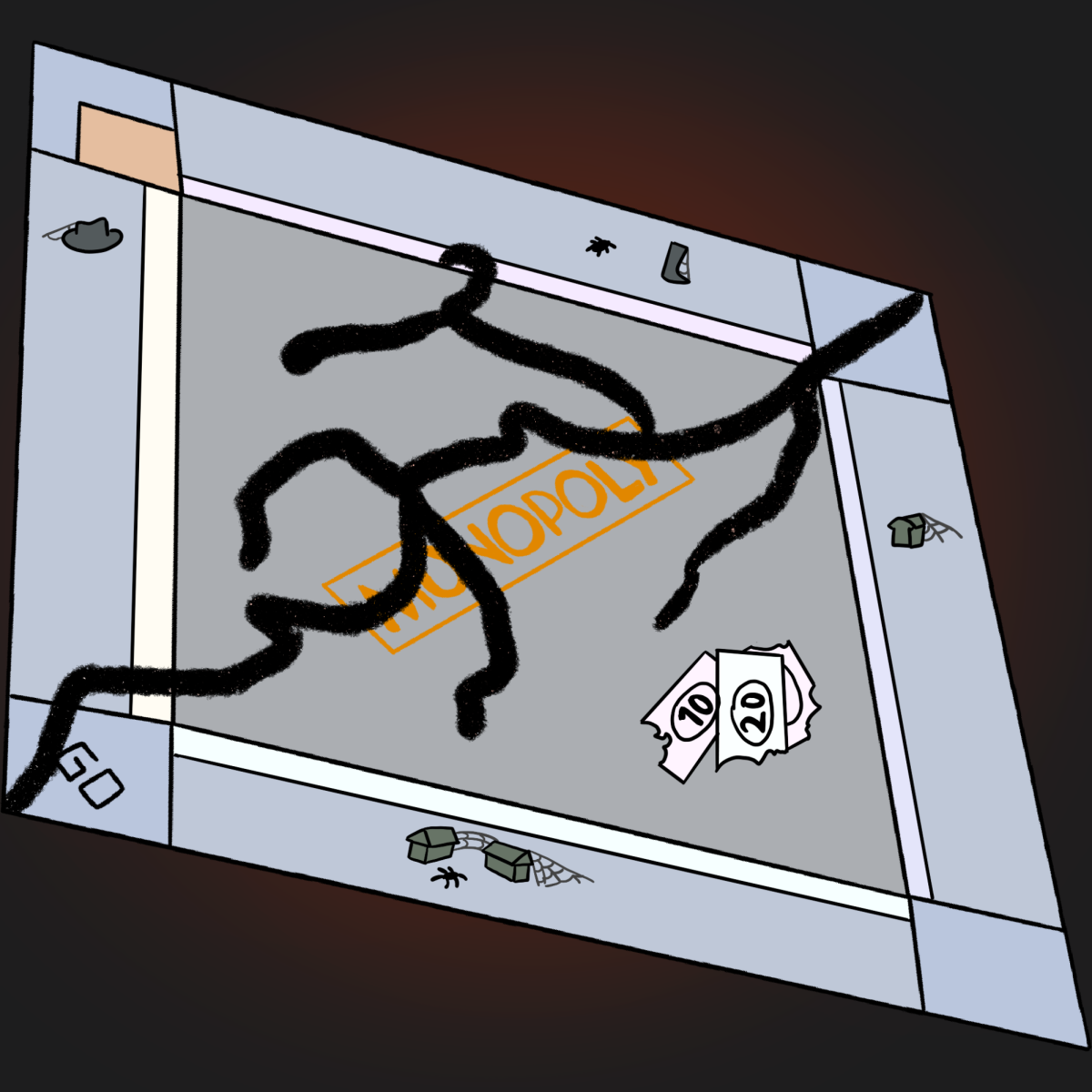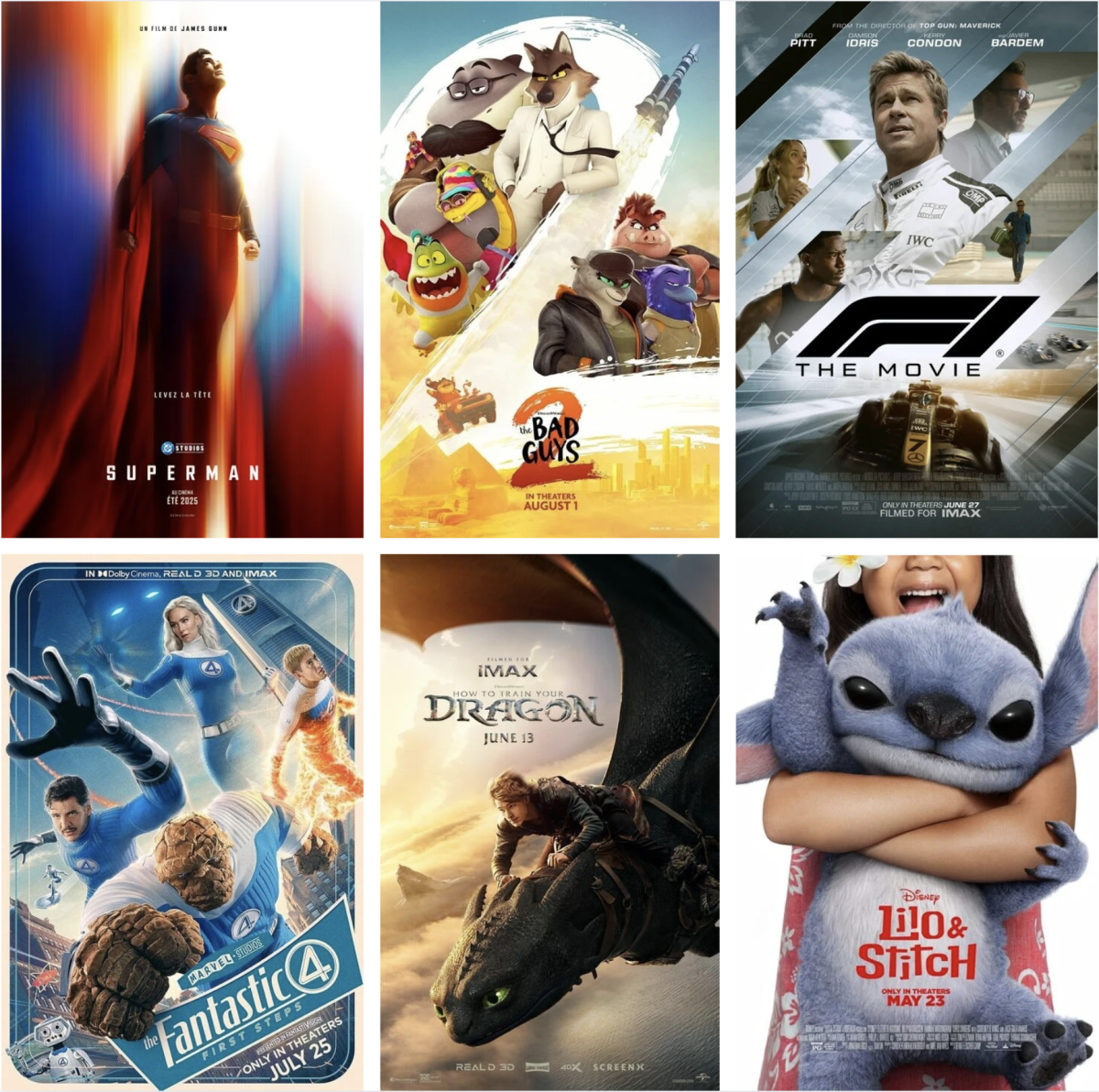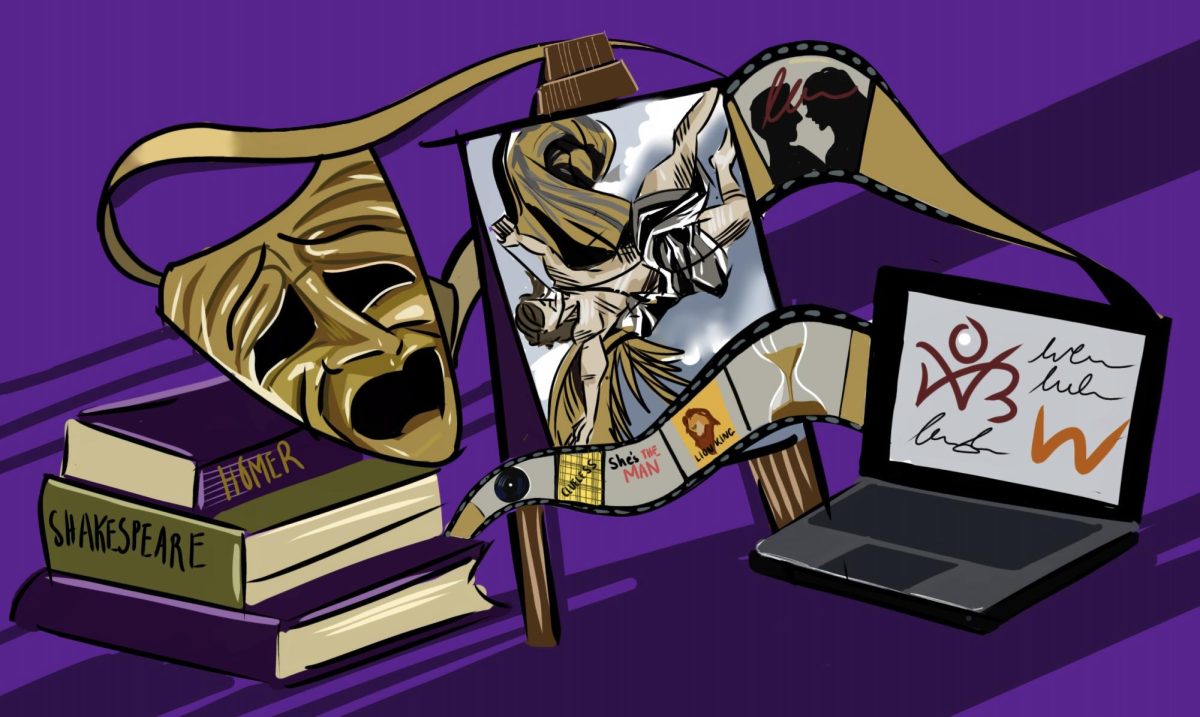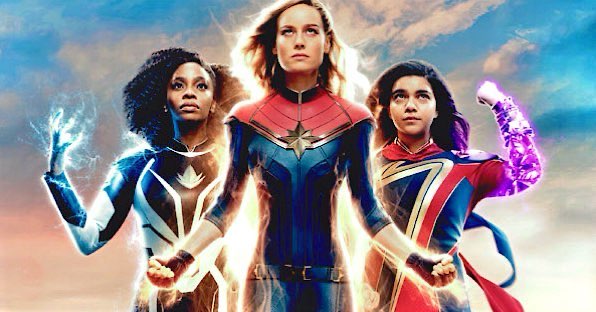
Throughout my childhood, the Marvel Cinematic Universe (MCU) offered memories of heroism and adventure that left an everlasting mark on my young heart. I immersed myself in the cinematic works of Iron Man, Captain America, and many others who leaped from the pages of comic books to the silver screen. The MCU was more than a collection of films. It was an enchanting saga that shaped my cinematic tastes and molded my understanding of storytelling.
During the early 2000s, Marvel films were guaranteed box office gold. Movies like “The Avengers” and “Black Panther,” totaling $207 million and $180 million in profit during their opening weekends respectively, ranked both in generating massive profits and becoming cultural phenomena. Yet, the more recent entries in the franchise have failed to match the financial success of their predecessors. For example, Marvel’s latest release, “The Marvels,” was recorded to have made $47 million in profit during its opening weekend, significantly less than earlier films.
The quality of the cinematography in recent MCU films has been very disappointing. For example, As someone who believes in quality over quantity, I can say that the dazzling visuals and innovative storytelling that defined the early phases of the MCU have been lost to a more predictable and formulaic approach, as they have simply been trying to shoot out more movies.
Furthermore, the MCU’s success during the Infinity Saga was built on the interconnectedness of its stories. The overarching story, focused on the battle against Thanos, kept viewers engaged and invested in the fate of their favorite characters. However, with the conclusion of the series, the MCU now struggles to recreate the same level of anticipation and emotional investment among audiences. Their recent films are all based on separate stories. This lack of a connected narrative contributes to the MCU’s decline in interest and excitement.
Furthermore, the departure of major actors like Robert Downey Jr. (Iron Man) and Chris Evans (Captain America) has left a void that new actors have struggled to fill. Fans who grew attached to these iconic portrayals find it challenging to invest the same emotion and attachment to the new faces, leading to a sense of detachment among audiences.
While these are all concerns that fans have expressed towards the MCU, there are a few exceptions like “Shang-Chi and the Legend of the Ten Rings” and “Spider-Man: No Way Home” which may suggest that the MCU still has the capacity for greatness. However, these films are outliers rather than the norm. “Shang-Chi” succeeded by diving into new cultural elements, while “Spider-Man: No Way Home” was tied to the nostalgia of previous Spider-Man films. Unfortunately, these successes simply cannot mask the broader issues currently in the MCU.
It may be possible that the MCU is simply evolving and diversifying its storytelling; we must acknowledge that the MCU’s evolution has only been partially positive. Diversification should not come at the cost of sacrificing the elements that made the franchise a global sensation. There is a fine line between evolution and dilution, and the MCU is falling on the wrong side of that line.
If the MCU does not reevaluate its direction, fans will only continue to be disappointed. They must prioritize quality over quantity, fostering creativity and innovation in their storytelling and cinematography. The development of intriguing characters and narratives, independent of their interconnectedness, can breathe new life into the MCU.
The signs of decline are evident, from financial returns to artistic quality and the departure of key actors. The franchise must rediscover its spark and reclaim its position a trailblazer in the cinematic world. Only then can the Marvel Cinematic Universe rise from the ashes of its own stagnation and reclaim its former brilliance.

